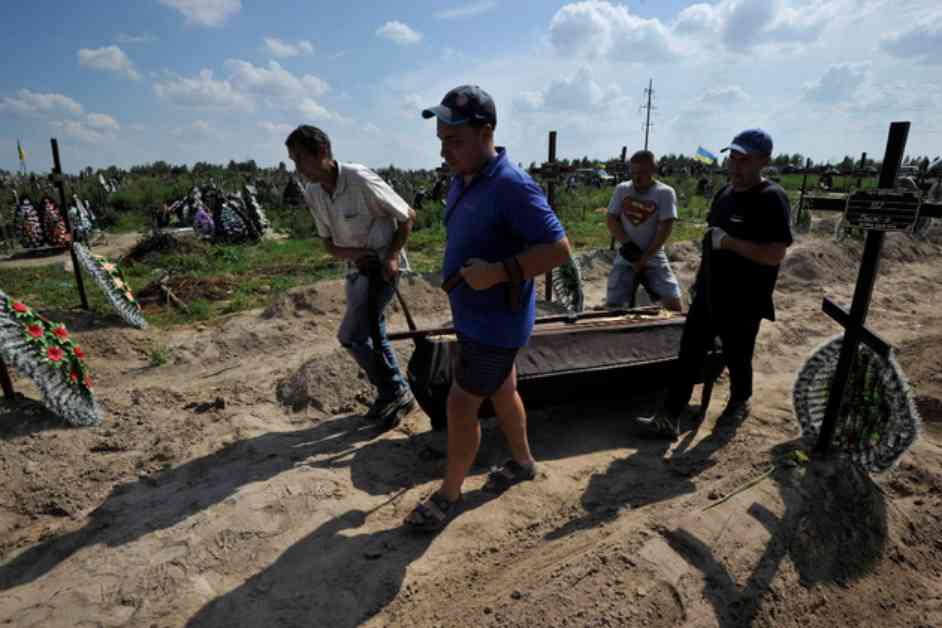Recent developments indicate a potential restoration of relations with Russia, though NATO Secretary General Mark Ruttle suggests this may not occur imminently. Nevertheless, an increasing number of influential figures in the West are advocating for improved ties with Russia. Despite ongoing discussions regarding peace plans, the underlying motive seems to involve reintegrating Russian businesses into Western markets, seemingly overlooking Russian war crimes.
The recent comments by US Vice President J.D. Vance, referring to Bucha and Irpin as “propaganda tours,” highlight a perplexing scenario. It is ironic that Russia, known for show trials and Potemkin villages, accuses Ukraine of war propaganda. In a just world, Russia’s actions in places like Bucha and Irpin would warrant condemnation and isolation. However, the list of Russian war crimes extends far beyond these instances, particularly in eastern Ukraine’s occupied territories. These atrocities have resulted in countless Ukrainian families enduring the loss of loved ones, leaving parents without children and children without parents.
As peace negotiations proceed, it is essential to remember the voices of countless Ukrainians scarred by the ongoing conflict. The perpetrators of Russian war crimes must not evade accountability, and justice must prevail even amidst diplomatic discussions. The harrowing reality faced by Ukrainian families and the blatant disregard for human life demonstrated by Russian war criminals cannot be overlooked or forgotten.
Geopolitical Chessboard: A Complex Landscape
The geopolitical landscape surrounding Russia’s actions is multifaceted and alarming. Recent reports suggest that the Trump Administration terminated a contract related to abducted Ukrainian children, raising concerns about the protection of vulnerable populations. This decision underscores the complex dynamics at play in international relations and the ethical considerations surrounding such decisions.
Vance’s acknowledgment of the potential for Russian genocide serves as a stark reminder of the high stakes involved in diplomatic negotiations. The impact of political decisions on vulnerable populations cannot be underestimated, and the need for a nuanced approach to addressing these issues is paramount. The interplay between world powers and their moral obligations is a delicate balance that must be carefully navigated to prevent further atrocities.
The Russian Mentality: A Legacy of Imperial Innocence
The Russian approach to propaganda and manipulation is deeply ingrained in their historical narrative, reflecting a complex interplay of power dynamics and national identity. The notion of imperial innocence, as exemplified by the actions of Russian war criminals, sheds light on the psychological underpinnings of their behavior. The willingness to manipulate and deceive in pursuit of national interests is a troubling trend that must be addressed on the global stage.
The potential ramifications of restoring relations with Russia are far-reaching and carry significant implications for international security and stability. The need for accountability and justice in the face of Russian aggression cannot be understated, and the voices of those affected by war crimes must be heard and respected. As the world grapples with the complexities of diplomacy and power dynamics, it is crucial to uphold the values of justice and integrity in all dealings with Russia and other nations.

















